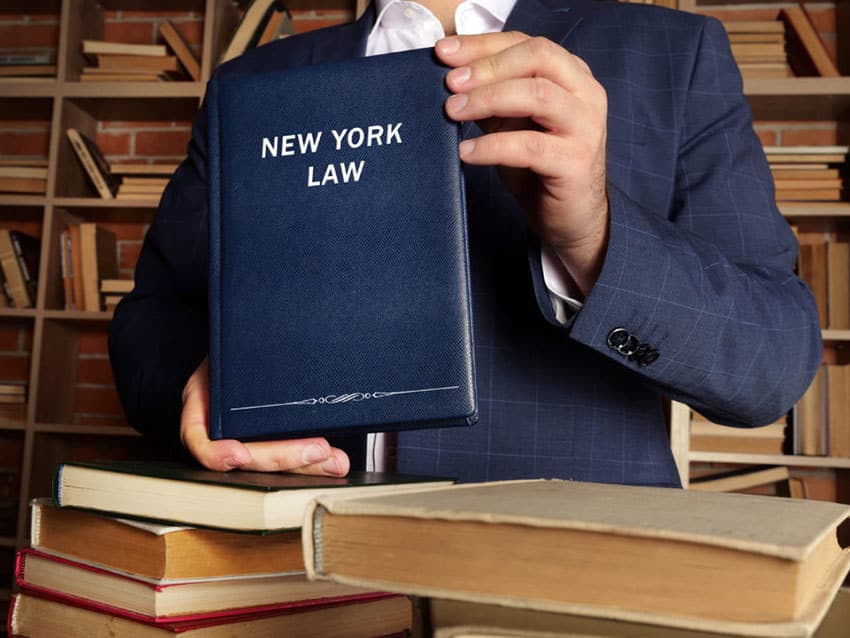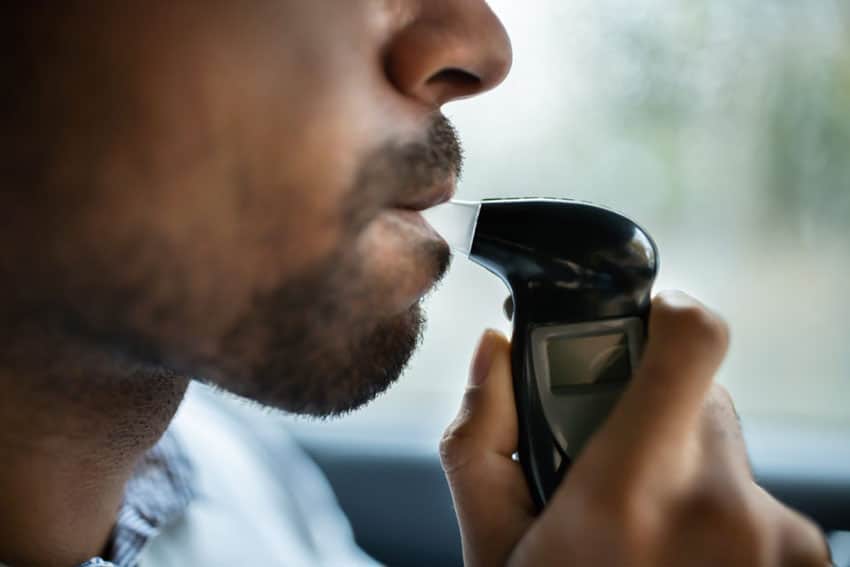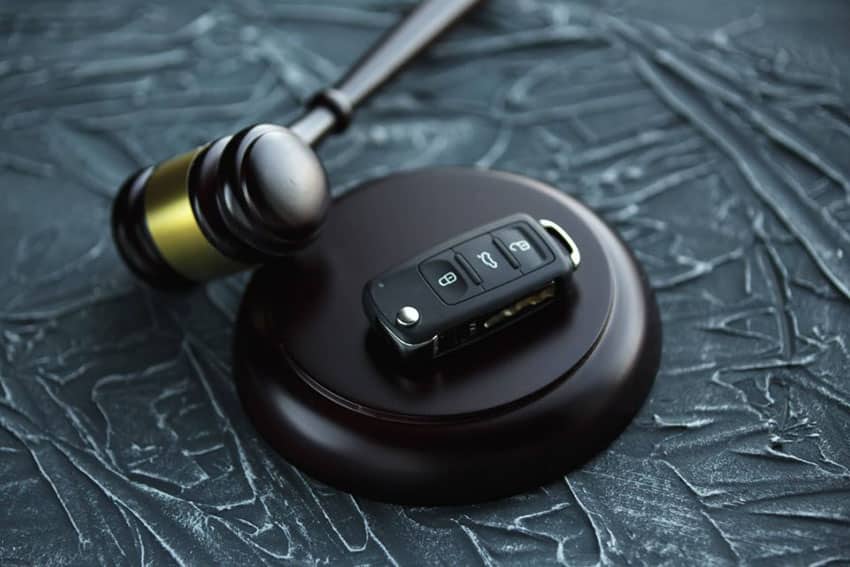When it comes to impaired driving charges, the terms OUI and DUI are often used interchangeably, but they have distinct meanings depending on the jurisdiction. Whether you’ve been charged with an OUI (Operating Under the Influence) or a DUI (Driving Under the Influence), it’s essential to understand the legal implications and how they differ.
This article explains what is OUI, the difference between OUI and DUI, and the potential consequences of these charges.
What Is OUI?
OUI, or Operating Under the Influence, is a legal term used in certain states, such as Massachusetts, to describe driving or operating any motor vehicle while impaired by alcohol or drugs.
- What Is an OUI Charge?
An OUI charge applies when a person is found operating a vehicle, even if it’s stationary, with a Blood Alcohol Content (BAC) above the legal limit or while under the influence of drugs. - Boating DUI (OUI):
Many states extend OUI laws to include operating boats or other watercraft under the influence.
What Is DUI?
DUI, or Driving Under the Influence, is a more commonly used term nationwide. It refers to the act of driving a motor vehicle while impaired by alcohol, drugs, or a combination of both.
OUI vs. DUI: What’s the Difference?
The primary difference between OUI and DUI lies in terminology and scope, which vary by state:
- Terminology and Jurisdiction:
- OUI is primarily used in states like Massachusetts and Rhode Island.
- DUI is the most widely used term across the United States.
- Operating vs. Driving:
- An OUI charge does not necessarily require the vehicle to be in motion. You can be charged if you’re operating (e.g., sitting in the driver’s seat with the engine running).
- A DUI typically requires evidence that the vehicle was being driven while impaired.
- Scope of Charges:
- OUI laws often cover a broader range of vehicles, including boats and recreational vehicles.
- DUI laws generally focus on traditional motor vehicles.
Consequences of OUI and DUI
While the penalties for OUI and DUI vary by jurisdiction, both carry severe consequences:
- Fines: Significant monetary penalties, increasing for repeat offenses.
- License Suspension: Temporary or permanent loss of driving privileges.
- Ignition Interlock Device (IID): Mandatory installation of an IID for repeat offenders.
- Jail Time: Potential incarceration for serious offenses or repeat violations.
- Increased Insurance Rates: Higher premiums due to a criminal record.
How an OUI or DUI Defense Lawyer Can Help
Whether you’re charged with OUI or DUI, a skilled defense lawyer can make a significant difference in your case. Here’s how an OUI defense lawyer can assist:
- Challenging Evidence:
- Disputing the validity of field sobriety tests, breathalyzer results, or other evidence.
- Negotiating Reduced Penalties:
- Working with prosecutors to reduce fines, avoid jail time, or secure alternative sentencing options.
- Protecting Your Rights:
- Ensuring law enforcement followed proper procedures during the arrest.
- Navigating State-Specific Laws:
- An attorney familiar with your state’s OUI or DUI laws will provide tailored legal strategies.
FAQs About OUI vs. DUI
- What is the difference between OUI and DUI?
OUI focuses on operating a vehicle while impaired, even if it’s stationary, and is used in certain states. DUI refers to driving a vehicle while under the influence and is a broader term used nationwide. - Can you be charged with an OUI if the vehicle isn’t moving?
Yes, an OUI charge can apply if you are in physical control of the vehicle, even if it’s not in motion. - Are the penalties for OUI and DUI the same?
Penalties vary by state but are often similar, including fines, license suspension, and potential jail time. - What is a boating DUI (OUI)?
A boating DUI (OUI) involves operating a boat or watercraft while impaired by alcohol or drugs. Many states treat this as seriously as driving a car under the influence. - Should I hire a lawyer for an OUI or DUI charge?
Yes, a skilled attorney can help challenge evidence, negotiate penalties, and protect your rights throughout the legal process.
Conclusion
Understanding the difference between OUI and DUI is crucial if you’re facing charges for impaired driving. Whether the charge is for operating under the influence or driving under the influence, the penalties can be life-altering.
The DWI Team specializes in defending clients against OUI, DUI, and other related charges. Contact us today for a consultation and let our experienced attorneys build a strong defense for your case.







